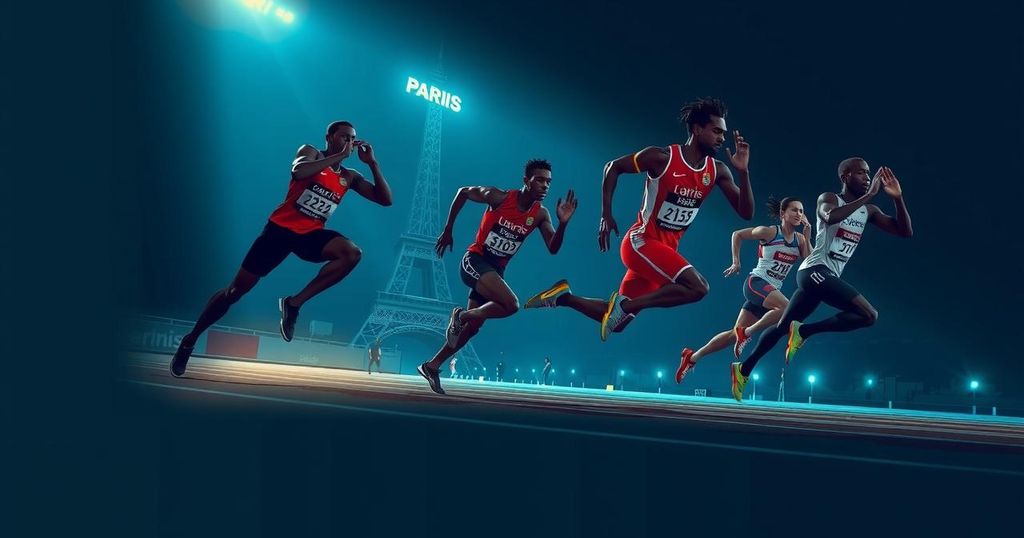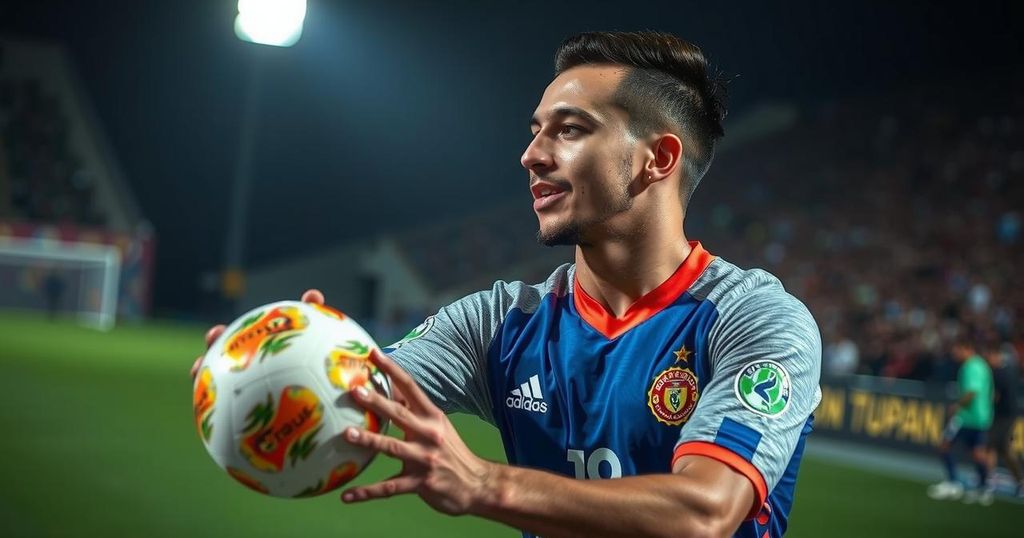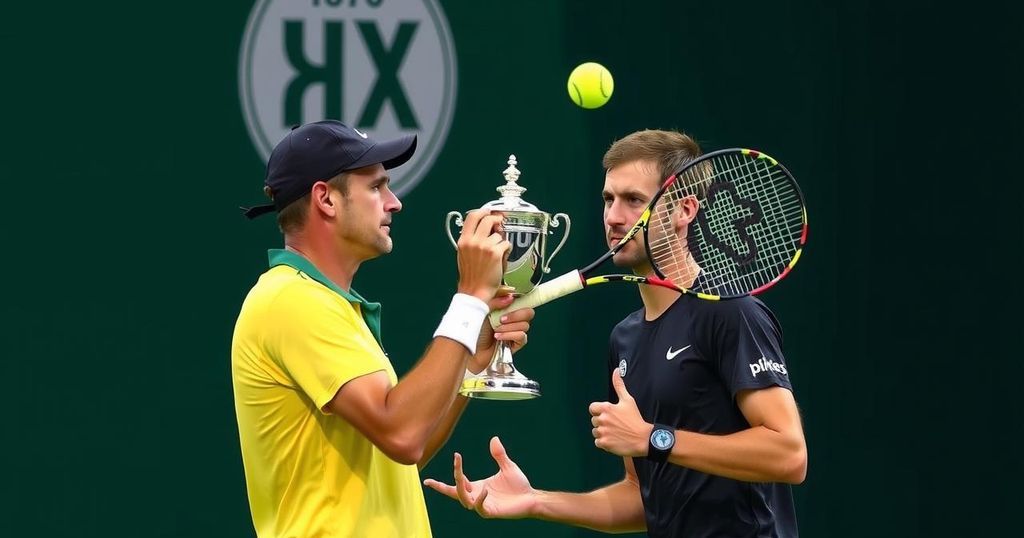Coaching Changes: A Gamble for Sprinters at the Paris Olympics
In the lead-up to the Paris Olympics, several prominent sprinters opted to change coaches in hopes of enhancing their performances. This decision, however, did not yield the success that was anticipated. Athletes such as Kenya’s Ferdinand Omanyala, Italy’s Marcell Jacobs, Great Britain’s Dina Asher-Smith, Canada’s Andre De Grasse, and Jamaica’s Alana Reid each experienced disappointing outcomes despite their coaching adjustments.
Ferdinand Omanyala, recognized as Africa’s fastest man, made a significant decision to part ways with his long-time coach, Duncan Ayiemba, following a lackluster seventh-place finish at the World Championships. Opting for a new strategy under coach Geoffrey Kimani, Omanyala aimed to minimize racing frequency and focus on peak performance for the Olympics. Despite some improvements earlier in the season, including a notable time of 9.79 seconds at the Olympic trials, Omanyala ultimately finished eighth in his semi-final, unable to qualify for the final with a time of 10.08 seconds.
Italian sprinter Marcell Jacobs, who previously captured gold in the 100 meters at the Tokyo 2020 Olympics, also faced challenges. Following a move from Italy to Florida to train with coach Rana Reider, Jacobs showed signs of improvement but was unable to defend his title. At the Paris Olympics, he recorded times of 10.05 seconds and 9.92 seconds during the earlier rounds, ultimately concluding the final in fifth place with a time of 9.85 seconds.
For Dina Asher-Smith, the switch from her long-term coach John Blackie to Edrick Floreal in Austin, Texas, did not lead to the desired outcomes. Despite the potential indicated by her previous accolades, Asher-Smith finished fourth in the 200 meters and fifth in the 100 meters, which marked another near miss for an individual medal. However, she did secure a silver medal as part of the British 4×100 meter relay team.
Canadian sprinter Andre De Grasse, another athlete who changed coaches in hopes of improved performance, similarly met with disappointing results. Also training under Rana Reider in Florida, De Grasse was unable to defend his Olympic 200 meter title, failing to qualify for the final. He likewise exited the 100 meters in the semi-finals but earned a gold medal in the 4×100 meter relay as part of the Canadian team.
Lastly, Jamaican sprinter Alana Reid, who began working with Dennis Mitchell, had high hopes for her Olympic performance. Unfortunately, she did not secure a spot in the 100 meters, finishing sixth at the Olympic trials. Although selected for the Jamaican 4×100 meter relay team, they were only able to achieve a fifth-place finish, falling short behind the USA, Great Britain, and Germany.
In summary, the coaching changes made by these five sprinters did not translate into Olympic success, highlighting the risks associated with such significant athletic decisions. As noted by legendary sprinter Michael Johnson, while a coach plays a vital role in an athlete’s career, exceptional results cannot always be guaranteed, and the synergy between an athlete’s commitment and the coaching strategy remains crucial for achieving peak performance on the global stage.








Post Comment